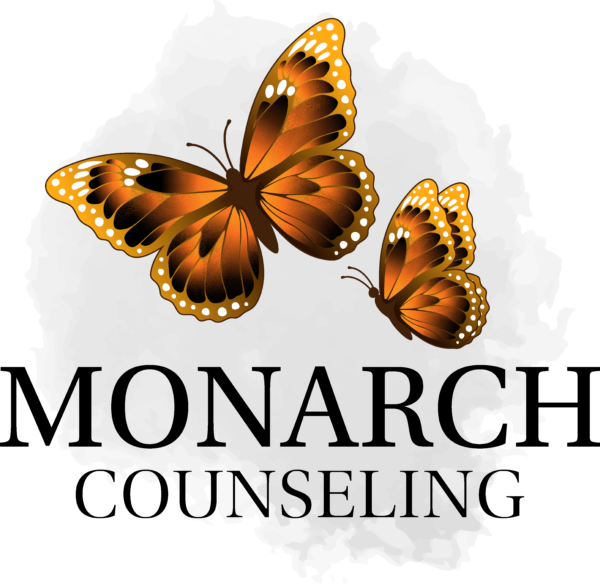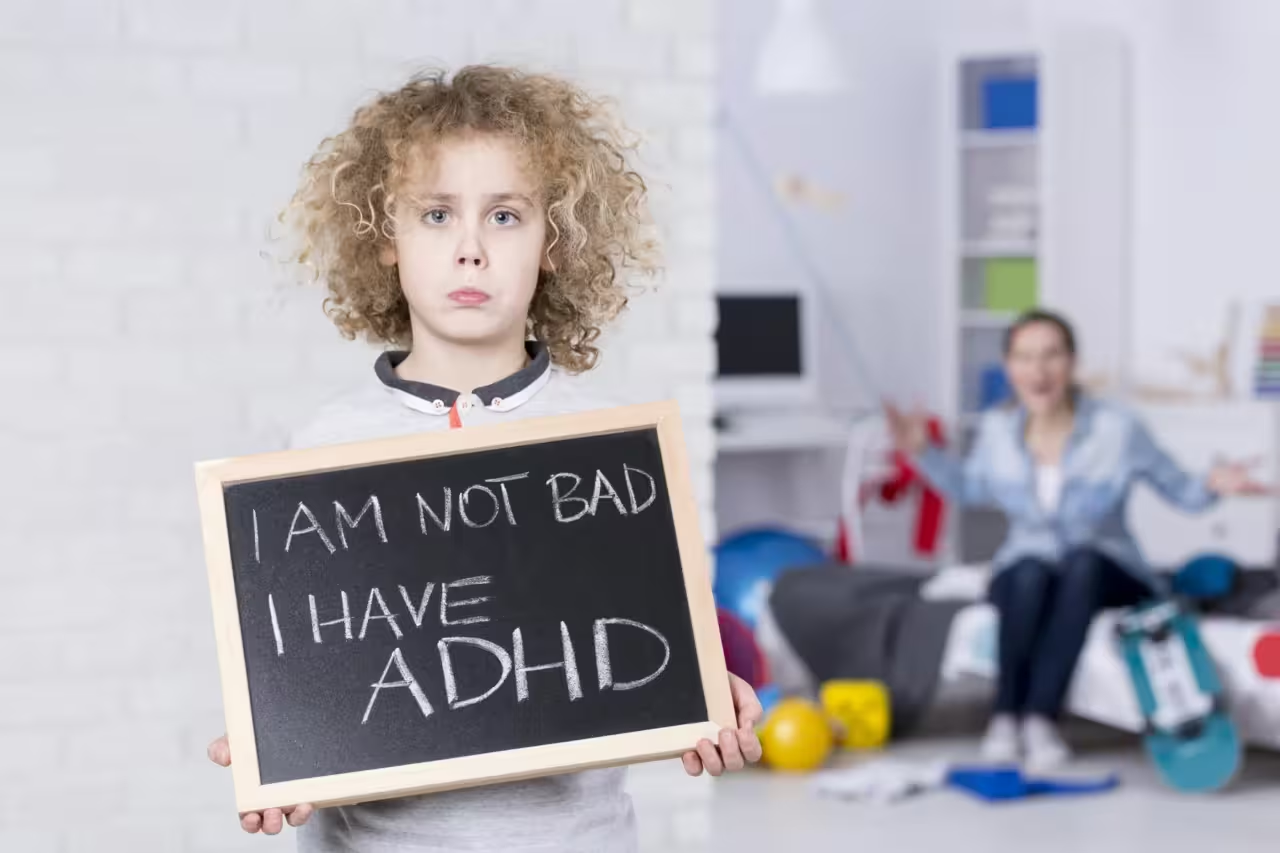Attention Deficit Hyperactivity Disorder (ADHD) affects many children, making it challenging for them to concentrate, follow instructions, and manage their impulses. Parents often seek ways to help their children cope with these struggles in a supportive environment. One effective method is play therapy, which uses the natural medium of play to help children with ADHD develop emotional regulation, improve focus, and build social skills. Through play therapy, children can express themselves, process emotions, and practice new behaviors in a safe and structured way.
In this post, we’ll explore how play therapy benefits children with ADHD and why it has become a trusted tool for parents and professionals alike.
What is Play Therapy?
Before diving into how it helps children with ADHD, it’s important to understand what play therapy involves. Play therapy is a therapeutic approach that uses toys, games, creative activities, and role-playing to help children communicate and process their feelings. Since children often have difficulty articulating their thoughts and emotions verbally, play allows them to express themselves in a way that feels more comfortable and natural.
Through play, a therapist can observe a child’s emotional state, understand their behavior, and guide them toward positive changes. Play therapy creates a safe environment where children feel free to explore their inner world without judgment or pressure.
How ADHD Affects Children’s Behavior
Children with ADHD often struggle with a range of symptoms that affect their ability to function in school, social settings, and even at home. These symptoms can include:
- Inattention: Difficulty focusing on tasks, following instructions, and organizing activities.
- Hyperactivity: Excessive movement, fidgeting, and an inability to sit still for long periods.
- Impulsivity: Acting without thinking, interrupting others, and struggling to wait their turn.
These behaviors can make it difficult for children to succeed in traditional environments like school or group activities, leading to frustration, low self-esteem, and strained relationships. ADHD can also contribute to emotional regulation issues, causing children to experience frequent mood swings, anxiety, or emotional outbursts.
How Play Therapy Benefits Children with ADHD
- Improving Focus and Attention
One of the key benefits of play therapy for children with ADHD is its ability to improve focus and attention. Through structured play activities, therapists introduce games and tasks that require children to concentrate and follow instructions. These activities are designed to be engaging and interactive, making it easier for children to stay focused.
Over time, play therapy helps children practice paying attention in a low-pressure environment. The therapist can gently guide the child when they become distracted, helping them build the skills needed to concentrate for longer periods. - Enhancing Emotional Regulation
Many children with ADHD experience difficulties regulating their emotions, leading to outbursts, frustration, and feelings of overwhelm. Play therapy offers a safe space for children to explore their emotions and develop coping strategies. Through role-playing and creative expression, therapists can help children understand their feelings and teach them ways to manage their emotional responses.
For example, a child might use dolls or action figures to act out scenarios that make them angry or anxious. The therapist can use this play to help the child recognize their emotions and guide them toward healthy ways of coping. - Building Social Skills
ADHD often affects a child’s ability to interact with peers, leading to social challenges like difficulty taking turns, interrupting others, or misreading social cues. Play therapy provides opportunities for children to practice social interactions in a controlled environment. Games that require cooperation, patience, and communication help children develop the skills needed to navigate social situations more effectively.
By playing with the therapist or other children in group settings, children with ADHD can practice sharing, listening, and waiting their turn. These social skills, developed in therapy, can transfer to real-life interactions, improving their relationships with peers and family members. - Encouraging Problem-Solving and Impulse Control
Children with ADHD often act on impulse, making decisions without thinking through the consequences. Play therapy provides a structured environment where children can learn to slow down and think before they act. Through games and activities that require planning and problem-solving, therapists help children practice self-control and decision-making skills.
For example, board games that require taking turns and following rules can teach children the importance of patience and thinking ahead. As children learn to follow these rules in play, they begin to apply similar strategies in their everyday lives. - Boosting Self-Esteem and Confidence
Children with ADHD often struggle with low self-esteem due to academic difficulties, social challenges, or constant correction from adults. Play therapy allows children to succeed in activities that are enjoyable and tailored to their abilities, which can help them build a sense of accomplishment.
When children experience success in therapy—whether it’s completing a game, solving a puzzle, or expressing their feelings—they begin to feel more confident in their abilities. This boost in self-esteem can lead to more positive behavior, both in therapy and in other areas of their life.
The Role of Parents in Play Therapy
While play therapy is led by a trained therapist, parents play a crucial role in supporting their child’s progress. Parents can reinforce the skills their child learns in therapy by incorporating similar play-based activities at home. Therapists often provide guidance to parents on how to continue therapeutic play outside of sessions and encourage consistent support.
By working closely with a therapist, parents can gain insight into their child’s emotional and behavioral needs. This collaboration between the therapist and parents helps create a holistic approach to managing ADHD that extends beyond the therapy room.
Is Play Therapy Right for Your Child?
If your child is struggling with the symptoms of ADHD, play therapy could be a valuable tool to help them manage their behavior and emotions. The non-invasive and engaging nature of play therapy makes it an effective method for young children who may not respond well to traditional talk therapy.
At Monarch Counseling, our experienced therapists use play therapy to help children with ADHD and other behavioral challenges. Through individualized sessions, we work with each child to develop the skills they need to thrive. If you’re interested in learning more about how play therapy can benefit your child, we encourage you to reach out and schedule a consultation.
Play therapy offers a unique and effective way to help children with ADHD develop essential skills like focus, emotional regulation, and social interaction. By using play as a therapeutic tool, therapists can create a safe and engaging environment where children feel free to express themselves and practice new behaviors. Over time, these skills can significantly improve a child’s ability to manage their ADHD symptoms, leading to better outcomes at school, home, and in social settings.
If you think play therapy might be right for your child, consider reaching out to a professional at Monarch Counseling to learn more about the benefits it can offer.

